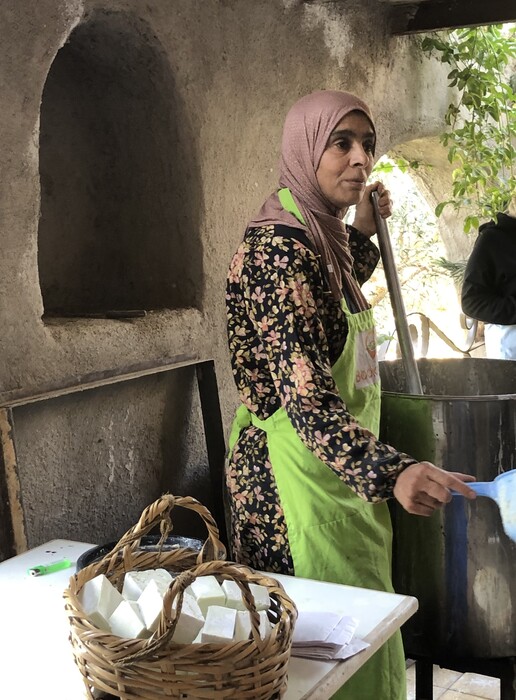Nestled in the rolling hills of northern Jordan, Ajloun is not just a haven for breathtaking landscapes and rich history; it’s also a vibrant community where traditional crafts thrive. Among these, the time-honored practice of olive oil soap-making stands out as both a cultural treasure and a means to support local artisans.
A Glimpse into History
The art of soap making in Ajloun dates back centuries, deeply rooted in the region’s agricultural heritage. With its abundance of olive trees, the community has embraced the production of natural, eco-friendly soap, celebrated for its moisturizing properties and gentle cleansing abilities. By participating in this craft, you contribute directly to the livelihoods of local families who rely on these traditions.
The Experience
Engaging in a traditional olive oil soap making workshop in Ajloun is not just a creative endeavor; it’s a meaningful experience that connects you with the community. From the moment you arrive, you’re enveloped by the earthy aroma of olive oil and fresh herbs, with local artisans sharing their stories and expertise.
- Harvesting Olives: Your journey begins with a visit to the local olive groves, where you’ll learn about the significance of each olive variety and traditional harvesting methods that have been practiced for generations.
- Pressing and Extracting Oil: Next, witness the traditional stone mills in action as olives are pressed to extract the golden oil. This age-old method preserves the oil’s quality while supporting local craftsmanship and keeping these traditions alive.
- Crafting the Soap: In the workshop, you’ll learn about the importance of natural ingredients blended with freshly pressed olive oil. After mixing, the soap is poured into molds and cured for several weeks, allowing you to cut and beautifully package the bars, reminding you of your unique experience.
The Cultural Significance
Beyond the practical benefits of olive oil soap, this craft represents a vibrant cultural narrative. It celebrates community, sustainability, and the preservation of heritage. By participating, you’re not just learning a skill; you’re supporting local economies and helping to keep these traditions alive in the face of modernization.

